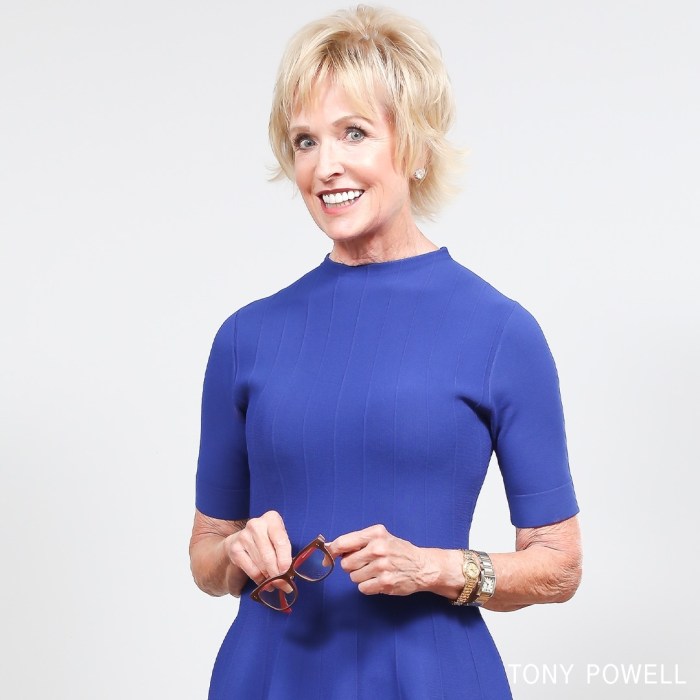By Kathy Kemper – 04/26/10 12:48 PM ET
Last June, against a Mike Deaver-ish backdrop, President Barack Obama stood tall and delivered what may well be his most significant speech to the world community. The staging seemed to come out of Hollywood, with hope filling the air.
Six months later, when I attended the inaugural Arab Global Forum held in Washington, the hope no longer burned as brightly. Participation at the forum was smaller than anticipated, with over a quarter of the slated attendees unable to get visas in time to attend.
It is a relief, then, that the president will be meeting many entrepreneurs and investors from the Islamic world during the Presidential Summit on Entrepreneurship, taking place today and tomorrow in Washington. Robert Hormats, U.S. undersecretary of State for economic, business and agricultural affairs, emphasized the importance of broadening the scope of U.S.-Islamic relations, noting that “the idea behind the summit is to say that there are numerous facets behind relations with the Islamic world, and this is not just confined to hard power, but also economics and cultural exchange.”
Adopting that mindset is crucial because, as Vali Nasr notes in his compelling new book, Forces of Fortune, the emerging middle class in the Islamic world is far more interested in capitalism than religion. Engaging that population segment offers us an opportunity to reshape fundamentally our relations with nearly one-quarter of the world’s population. It’s an opportunity we can’t miss, because the trends are against us: Of the 48 countries with annual population growth of 2 percent or more, 28 are majority-Muslim or have Muslim minorities of 33 percent or more.
Perhaps the most basic way the U.S. can seize the opportunity to engage the Islamic world is to provide opportunities in education and leadership, like the Institute for Education (IFE) is doing. Our 2010 Leader of the Year Award will be given to Christopher Caine, founder of Mercator XXI, which helps clients navigate the global economy at a time when governments are playing a much more decisive economic role. Mercator just opened an office in Cairo 11 months ago. Chris will receive his award next month at a dinner hosted by the Ambassador of the Arab Republic of Egypt, His Excellency Sameh Shoukry, at the embassy. IBM Chairman and CEO Samuel Palmisano will present Chris with the award. Proceeds from the dinner will go to LearnServe Egypt, a new collaboration between IFE and Mercator, enabling students from the D.C. area to partner with their counterparts in Egypt and help build that country’s next generation of social and cultural entrepreneurs.
Events like Obama’s entrepreneurship summit and IFE’s dinner signal a hopeful turn in U.S. outreach to the Islamic world, but the tough work lies ahead. Summits and dinners are just a start.
